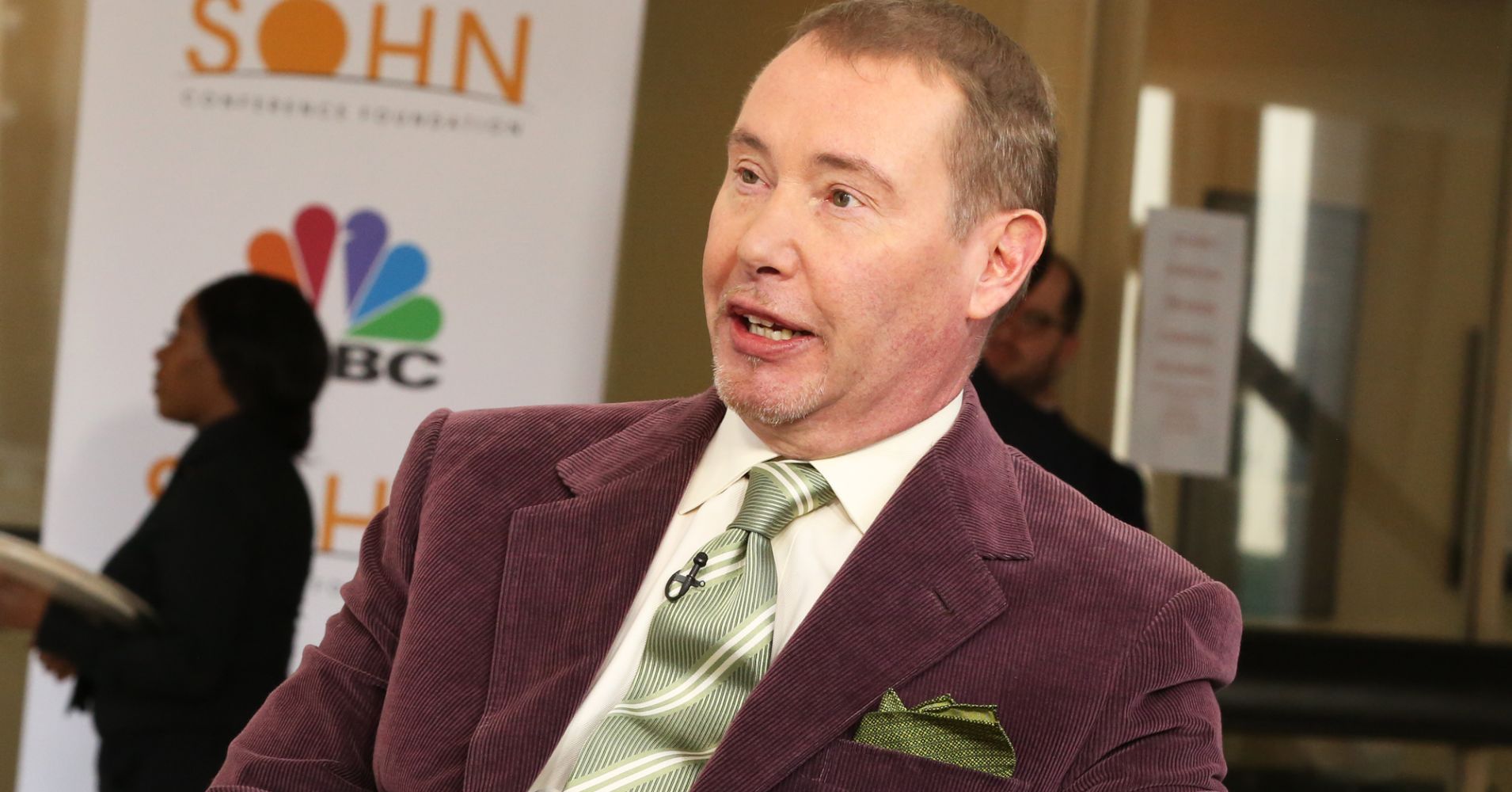After years of U.S. companies taking advantage of low interest rates to pile up cheap debt, Wall Street is beginning to take notice of a problem forming.
Corporate debt outstanding ended 2018 at just over $9 trillion, a 64 percent increase over a decade’s time, according to the Securities Industry and Financial Markets Association. The surge came as the Federal Reserve kept its benchmark interest rate anchored near zero and allowed companies to reward shareholders, do deals and invest in their own operations.
However, credit quality is showing signs of weakening, with heavily indebted companies already feeling the pinch as the Fed raises rates gradually and global economic conditions start to weaken.
The result has been a trickle of warnings from financial experts that the price tag for all that debt is coming due.
The latest admonition comes from Jeffrey Gundlach, founder of DoubleLine Capital, who said in a warning published over the weekend that the debt load is about to become a bigger problem.
“We are talking about the creation of an ocean of debt,” Gundlach told Barron’s in a roundtable discussion, during which he noted that the Fed is engaging in “quantitative tightening” that will create “a problem for the stock market.”
Others have echoed the same point — Steve Eisman, immortalized in the Michael Lewis book “The Big Short” and now a portfolio manager at Neuberger Berman, recently told the Financial Times he is worried about liquidity issues in the bond market that could create a problem should conditions deteriorate and there is a sudden wave of sellers.
The high-yield end of the bond market has been on a roller coaster lately. Issuance dried up at the end of 2018, but the sector has been strong in the new year. The iShares iBoxx $ High Yield Corporate Bond ETF, a proxy for the junk market, is up about 3.2 percent in 2019.
However, there are broader longer-range concerns about the $1.2 trillion high-yield market, as well as BBB-rated companies that are threatening to teeter into junk status.
Moody’s notes that investor protection, as measured through the strength of bond covenants, continues to hover around its weakest levels. The rating firm also noted that no corporate bonds priced in December, the first time that has happened since it began tracking covenant quality in 2011.
Gundlach, whose firm was managing more than $120 billion as of June 30, said he has “a lot of concern about bond supply and spending.”
On a broader level, though, he does not see the economy falling into a recession this year, though he believes stocks have been acting like they’re in a bear market.
“I’m not looking for a terrible economy, but an artificially strong one, due to stimulus spending,” he said. “I expect the market to fall further. I see almost a reverse of last year, in that stocks could be weak early in 2019 and stronger later in the year.”
NOTE: You can not find the right trading strategy? if you have no time to study all the tools of the trade and you have not funds for errors and losses – trade with the help of our best forex robot developed by our professionals. We offer forex robot free download.


 Signal2forex.com - Best Forex robots and signals
Signal2forex.com - Best Forex robots and signals




